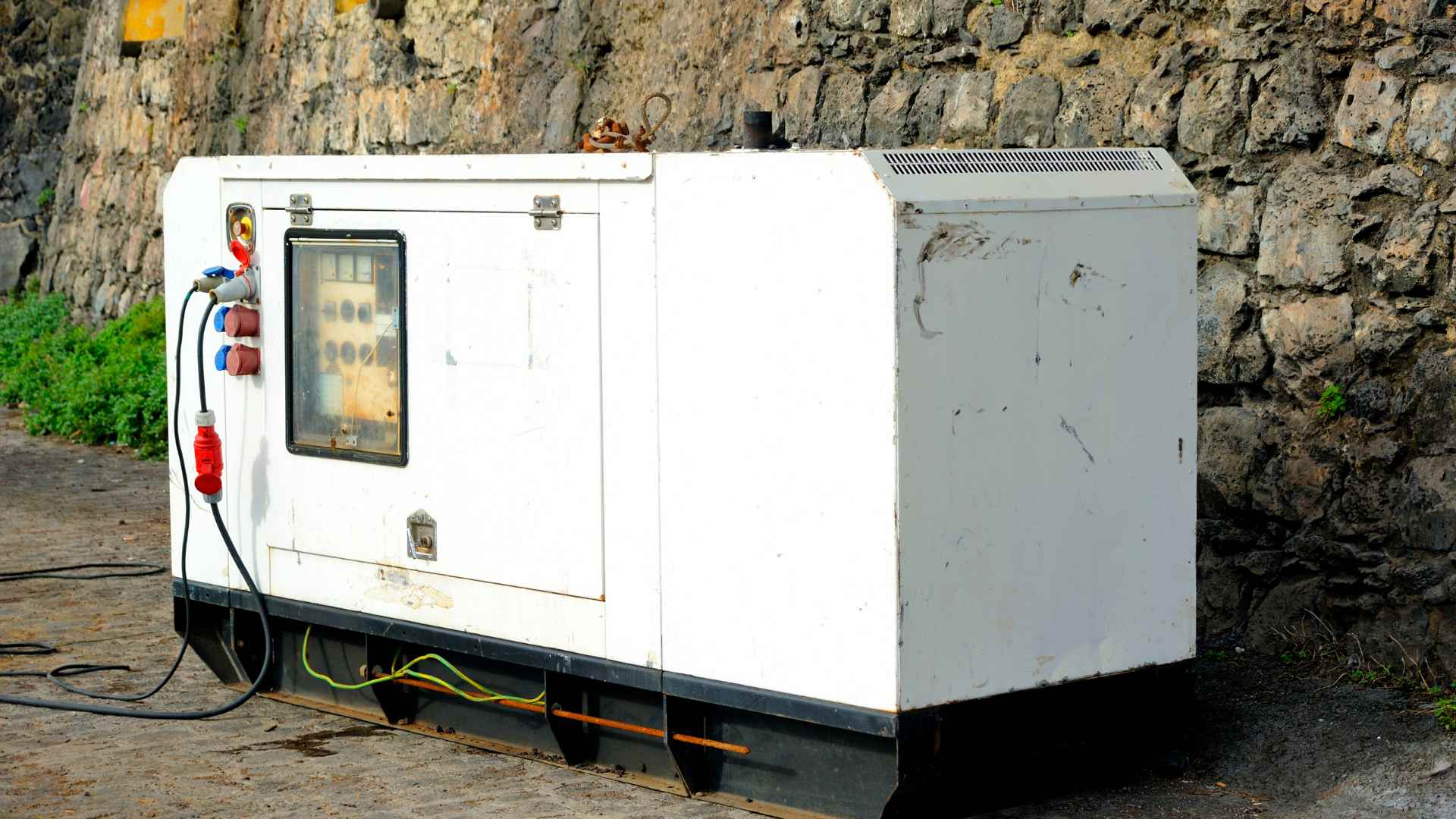
How To Choose The Right Backup Generator For Your Home Or Business
In a world heavily reliant on electricity, power outages can disrupt our lives and business operations in an instant. Whether you’re a homeowner seeking uninterrupted comfort or a business owner safeguarding operations, a backup generator is your lifeline. However, choosing the right generator requires careful consideration of factors ranging from power needs to fuel type. Let’s embark on a journey to discover how to choose the perfect backup generator to keep the lights on when the grid goes dark.
Understanding Backup Generators
Backup generators, also known as standby generators, are devices that provide an alternative power source when the primary electrical supply is disrupted. These generators automatically kick in when a power outage occurs, ensuring that critical appliances and systems continue to function.
1. Assess Your Power Needs
The first step in choosing a backup generator is determining your power needs. Create a list of essential appliances and systems that need to be powered during an outage. Consider items like refrigerators, heating systems, air conditioning units, lights, computers, and security systems. Calculate the total wattage these appliances and systems require to determine the generator’s capacity.
2. Choose the Right Fuel Type
Backup generators run on different fuel types, each with its own pros and cons:
- Natural Gas: Convenient if you have a natural gas supply line, offering continuous fuel without refueling. However, installation may require a professional.
- Propane: Stored in tanks on-site, propane is readily available even during power outages. Propane generators are versatile and suitable for various applications.
- Diesel: Diesel generators are known for their durability and efficiency. They’re commonly used in industrial settings and for larger power needs.
3. Determine the Generator Size
Generator size is determined by its capacity, measured in kilowatts (kW). As a rule of thumb, calculate the total wattage of the appliances and systems you want to power, and choose a generator with slightly higher capacity to accommodate surges in power demand. For example, if your total wattage is 5000W, opt for a generator in the range of 5500W to 6000W.
4. Select the Type of Generator
Backup generators come in various types:
- Portable Generators: These are versatile and easy to move, making them suitable for powering specific appliances or tools. They’re ideal for temporary power solutions.
- Standby Generators: These are permanently installed and connected to your electrical system. They automatically switch on when power is lost and are designed to provide continuous power for extended periods.
5. Consider Noise Levels
Generators can be noisy, so consider the noise level of the generator you’re considering. This is especially important if you’re using the generator in residential areas where noise ordinances may apply.
6. Explore Safety Features
Safety features are paramount. Look for features like automatic shutdown in case of low oil levels or engine failure. Make sure the generator meets all safety regulations and standards.
7. Think About Installation and Maintenance
Proper installation is crucial for generator functionality and safety. Standby generators often require professional installation to ensure proper wiring and connection to the electrical system. Additionally, consider maintenance requirements, as generators need regular upkeep to ensure they’re ready for action when needed.
8. Budget Considerations
Backup generators come with varying price tags. While it’s tempting to opt for a lower-cost generator, remember that this is an investment in continuity and peace of mind. Consider not only the upfront cost but also the potential cost of downtime during power outages.
9. Consult a Professional
Choosing the right backup generator is a significant decision. Consult with a professional electrician or generator expert to assess your needs accurately and get recommendations based on your specific requirements.
The Bottom Line
A backup generator is more than just a piece of equipment; it’s a lifeline that ensures your comfort, security, and business continuity during power outages. By understanding your power needs, fuel options, and generator types, you can make an informed decision that aligns with your goals. As you embark on the journey to select the right backup generator, remember that this choice is an investment in empowerment – the ability to maintain power, functionality, and peace of mind, even in the face of unexpected outages. Whether for your home or business, a well-chosen backup generator can illuminate your path to resilience and readiness.

